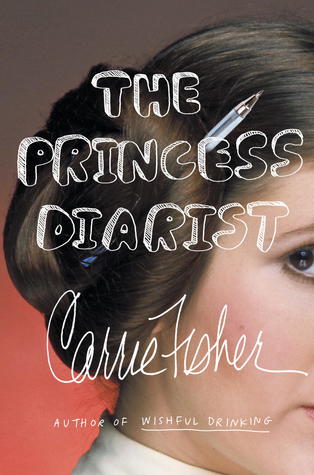I'm declaring this the best audio book of the year!!! I can't imagine how the written form looks because the audio was almost play-like with citations of sources all over the place. This really was a brilliant way to portray the death of Willie Lincoln and the grief of his father.
The
bardo is the Buddhist concept of the space between life and moving on. The mid-life? Almost like purgatory, but, as is with most Buddhist concepts, leaving the decisions up to the deceased. In the bardo, the dead are not being punished or cleansed. They are dealing with their regrets and, for the most part, not even acknowledging that they are dead, despite seeing their own corpses inside their coffins (sick-boxes) in the cemetery (hospital-yard).
When Willie dies of typhoid at age 11, his body is sheltered in a borrowed mausoleum. Willie's ghost comes out in the night and we get introduced to the ghosts that are still refusing to leave the cemetery. Vollman (voiced by
Nick Offerman), a printer, died when a beam caved in his skull and before he could consummate his marriage. Bevins (voiced by
David Sedaris), is a young, closeted gay man who commits suicide when his lover dumps him for another man. When he was at death's door, he realized he didn't want to die. Unfortunately, it was too late and he is stuck in the bardo with great regrets. Reverend Thomas (voiced by George Saunders) is a confusing ghost. He has a permanent terrified look on his face but does not have real reason for not moving on. Later in the book, we get his story.
Abraham Lincoln visits his son in the night and holds him in the crypt. The ghosts are mesmerized and astounded that someone actually had someone who loved them visit. Willie decides to not move on so he can continue seeing his dad. Unfortunately, as ghosts tarry in the bardo, they begin to unravel mentally. Children begin losing touch very quickly and really should move on as fast as they can.
The audio book and it's cast of voices is simply mesmerizing. The hospital-yard portions are read from the point of view of all the ghosts who have not yet left and oh, those stories are heartbreaking. The Barons provided comic relief until you really listen to what they were saying about their lives, instead of how they said it. The moments of Lincoln grieving his son were so well done and can easily squeeze a tear from your eye.
The other part of the book is the story of Lincoln and how Willie died as told by citations of sources (some real, some invented). It's a bit jarring at first to hear so many citations but very quickly it melded into a good story, amusing at times for the sources that disagreed with each other ("The moon was red.", "The moon was bright white.", "There was no moon that night") and for the only time the sources agreed ("Lincoln was the homeliest of men","He was the ugliest man I've seen.","A homelier man was never found"). Poor Lincoln.
Saunders starts with the concept of the bardo but adds in so many different elements, including afterlife and how ghosts can influence living people, that it ends up being a really great mish-mash of different concepts. And really, who can tell if this would even be remotely true? We don't know what will happen when we die. Either way, this was fun, well-told, heartbreaking and thought-provoking. Get the audio book for this and skip the printed version. It will be worth it.


